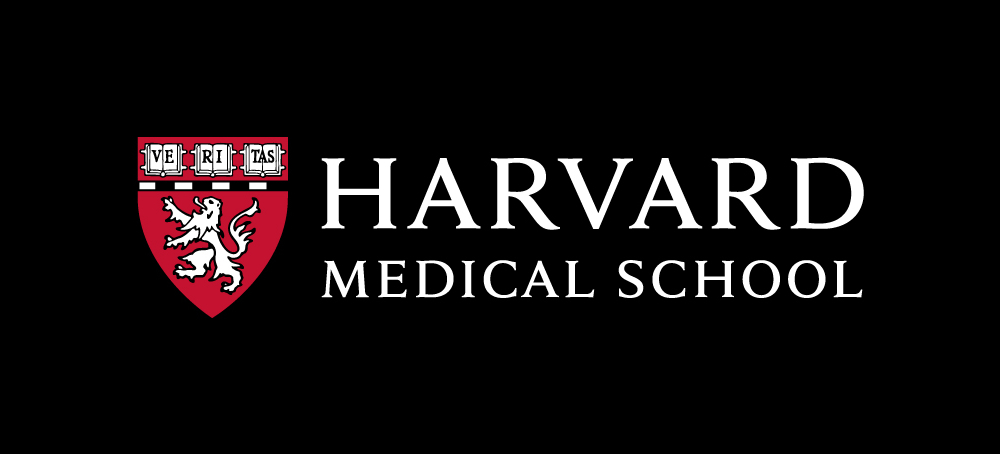As a writer exploring the intersection of science and spirituality, I’ll use Proverbs 21:23 as a starting point for a discussion that aims to reach a broad audience, regardless of their religious or philosophical background.
Here’s my discourse: “Whoever guards his mouth and tongue keeps his soul from troubles.”
This ancient proverb, found in the Hebrew scriptures, offers wisdom that resonates across cultural and religious boundaries. Its essence speaks to a universal human experience – the power of our words and the importance of mindful communication.
From a scientific perspective, we can examine how this age-old advice aligns with modern psychological and neurological understanding. Research in cognitive science has shown that our language shapes our perception of reality and influences our decision-making processes. By “guarding” our speech, we’re essentially practicing cognitive self-regulation, a key component of emotional intelligence.
Neuroscience provides further insight. The prefrontal cortex, responsible for executive functions like impulse control, plays a crucial role in moderating our speech. When we consciously control our words, we’re strengthening neural pathways associated with self-control and emotional regulation.
For those of faith, this proverb might be seen as divine guidance for righteous living. For others, it may represent the distilled wisdom of human experience. Regardless of one’s beliefs, the underlying principle holds value: thoughtful communication can prevent unnecessary conflict and promote personal well-being.
In our current era of instant communication and social media, this ancient wisdom seems more relevant than ever. The proverb challenges us to consider the impact of our words, not just on others, but on ourselves. It suggests that by cultivating mindful speech, we can protect our inner peace and avoid unnecessary strife.
Whether viewed through the lens of faith, philosophy, or science, the idea of guarding one’s speech offers a path to greater self-awareness and harmonious relationships with others. It invites us all to reflect on the power of our words and the responsibility that comes with it.
This exploration shows how ancient wisdom and modern understanding can converge, offering insights that transcend religious boundaries and speak to our shared human experience.



